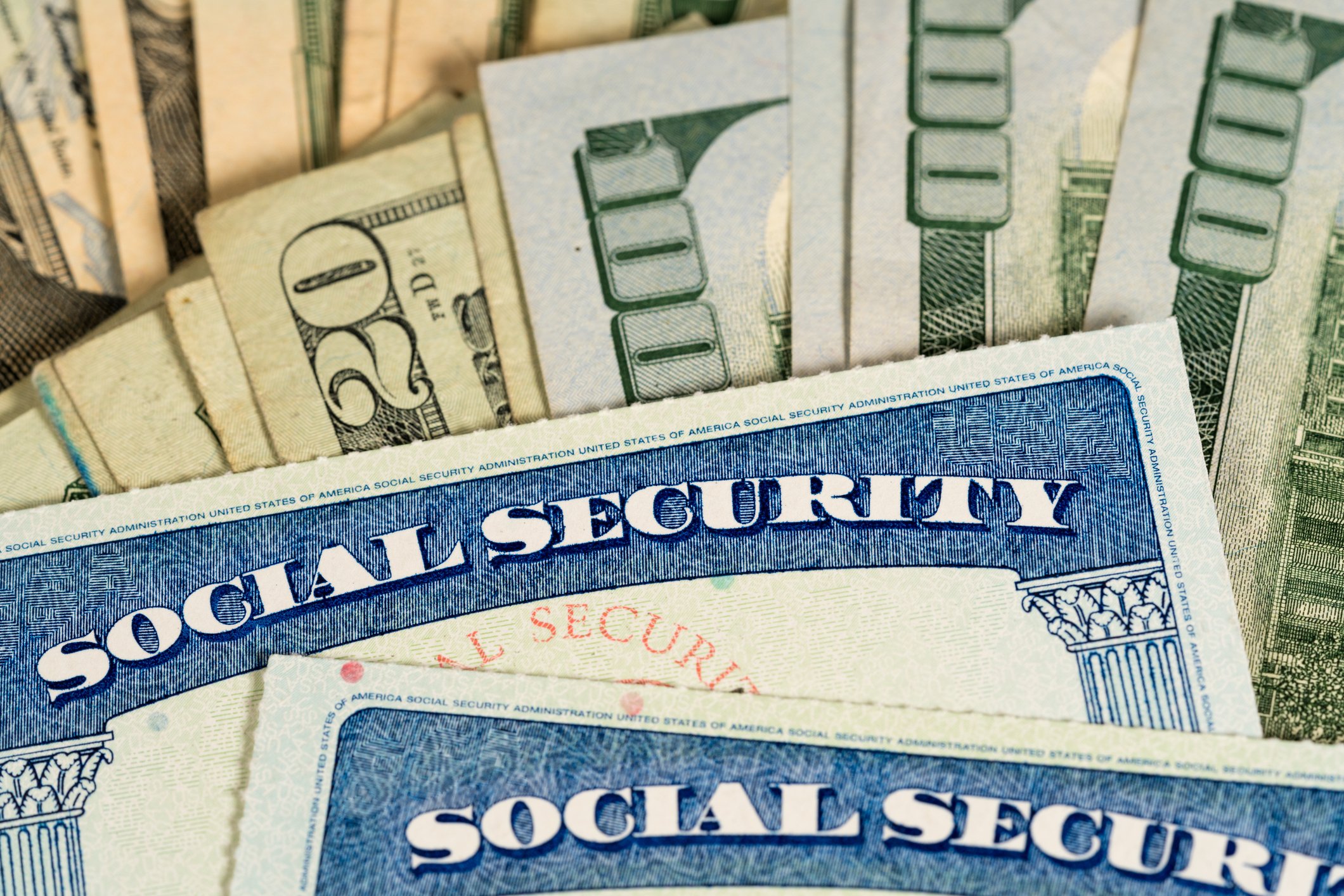Filing taxes is stressful enough in its own right, but worrying about getting audited makes the process all the more daunting. To make matters worse, there's a lot of misinformation out there about tax audits, so here are a few points that will help clear things up.
1. They're pretty uncommon
Though you hear a lot about audits in the news, the reality is that less than 1% of all tax returns get audited each year. And if you're an average earner, your chances of an audit are even slimmer.
2. You're more likely to get audited if you earn a lot -- or earn nothing
There are certain actions you, as a tax filer, can take to increase your audit risk, like claiming deductions that are disproportionately high given your income, or failing to report income the IRS has on file. But generally speaking, your chances of getting audited do increase once your earnings exceed the $200,000 mark. In fact, filers who report $1 million to $5 million in earnings have about a 3.5% audit rate, compared to the less than 1% rate that applies to the general population. Reporting no income yields similar results -- the audit rate in that scenario is about 2.5%.

IMAGE SOURCE: GETTY IMAGES.
3. Most audits are conducted by mail
When you think about getting audited, you might imagine a scary IRS agent turning your filing cabinets upside down looking for clues that you've been misleading on your taxes. In actuality, most audits are conducted solely by mail. The IRS doesn't have the resources to send an agent to the door of every single tax filer it needs to further question, so you'll need to do something pretty egregious to get a visit from a live person.
4. Hiring a tax preparer doesn't mean your return is audit-proof
Working with a tax professional is a good way to help ensure that you claim the right deductions and credits on your tax returns, and don't make any major errors that serve as an audit red flag. But just because you pay a tax preparer doesn't mean your return is audit-proof. There are multiple factors that can trigger an audit, some of which might be outside a tax professional's control. That said, the good thing about using a tax preparer is that if your return is audited, that person can help you address whatever questions the IRS sends your way.
5. Audits don't always happen right away
Just because you submit your tax return, wait a few weeks, and get your refund doesn't mean you're in the clear as far as an audit goes. The IRS actually has a three-year statute of limitations for examining tax returns, which means that you might get audited well after filing. That's why it's always smart to retain tax documents for a minimum of three years from the time you file. Furthermore, the IRS is actually allowed to go back six years to investigate substantial errors on filed taxes. Generally, this allowance applies to extreme cases, but it never hurts to hang onto your old tax paperwork even longer.
Though the idea of getting audited is anxiety-inducing in its own right, there are steps you can take to lower your chances of having it happen to you. First, give yourself plenty of time to file your taxes, and request an extension if you're up against the deadline and don't have your numbers in order. Rushing through the process will increase your likelihood of making a mistake and having the IRS dig further. At the same time, be sure to file your taxes electronically. Doing so reduces your chances of making an error, and the cleaner your return is, the less likely it is to get flagged.





